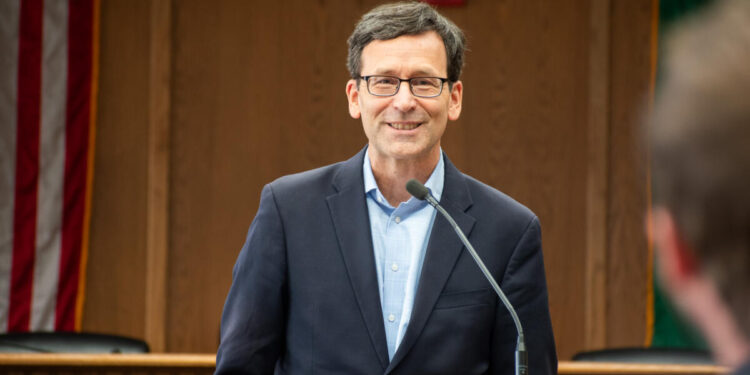Washington Governor Bob Ferguson recently responded to growing concerns from working families regarding the newly signed state operating budget, which includes substantial new tax revenue. The budget, a central pillar of the state’s financial planning for the next fiscal cycle, allocates billions of dollars for essential public services such as education, healthcare, and infrastructure. While many lawmakers and state agencies hailed it as a forward-looking framework for Washington’s growth, some residents and taxpayer advocacy groups voiced apprehension over the perceived financial burden it might impose on middle- and lower-income households.
Governor Ferguson emphasized that the 2025–2027 operating budget reflects a strong commitment to long-term economic resilience and social equity. During a press briefing held at the Capitol in Olympia, Ferguson noted that the budget will prioritize strategic investments in public schools, mental health services, clean energy infrastructure, and affordable housing programs. According to official estimates, the operating budget exceeds $70 billion, a significant increase compared to the previous cycle, largely due to a robust economic outlook and enhanced tax collection mechanisms.
A key aspect of the budget’s revenue plan includes an expansion of the state’s capital gains tax, along with updates to business and occupation taxes that aim to generate consistent funding for public services. Ferguson reassured the public that the tax structure was designed to maintain fairness and ensure that Washington’s wealthiest individuals and large corporations contribute proportionally. He also reiterated that there are no new taxes on groceries, gasoline, or personal income, which are typically regarded as regressive.
Despite the governor’s assurances, critics argue that the increased reliance on capital gains and business taxes could have a ripple effect on employment and investment in certain sectors, particularly tech and small businesses. Advocacy groups such as the Washington Policy Center and several Republican legislators have questioned the long-term sustainability of the budget’s revenue sources and called for more transparency and fiscal restraint.
Ferguson countered these claims by citing the state’s improved bond rating and recent economic growth indicators, which suggest that Washington is well-positioned to handle short- and medium-term fiscal obligations. He emphasized that the budget includes robust accountability measures, such as annual audits and public reporting standards, to ensure that taxpayer dollars are spent efficiently. Ferguson also noted that the state’s Rainy Day Fund remains intact, providing a safeguard in the event of an economic downturn.
In addition to fiscal policy, the governor acknowledged the emotional and financial strain many families continue to face in the wake of inflation and high housing costs. He said the budget’s allocations for tenant protections, rental assistance, and childcare subsidies are designed to provide direct support to families most in need. Ferguson also highlighted the expansion of funding for public universities and workforce training programs as critical investments in Washington’s future labor market.
The passage of the operating budget marks one of Ferguson’s most significant milestones since assuming office, and it will likely play a major role in shaping his political legacy. With increasing scrutiny from both progressive and conservative constituents, Ferguson’s administration remains focused on balancing fiscal responsibility with equitable access to public services. State officials plan to begin implementing key provisions of the budget over the next quarter, with public updates scheduled throughout the remainder of the year.
Washington residents seeking further information about the state budget and how it may affect them are encouraged to visit official government websites or attend upcoming community briefings. The Ferguson administration has pledged continued transparency and engagement as implementation progresses.
For more updates on Washington State politics, budget developments, and Governor Bob Ferguson’s initiatives, follow official news sources and stay informed through The Olympian and other reputable publications.







